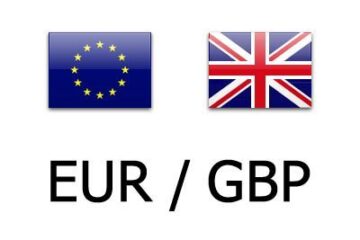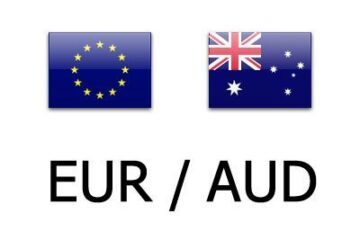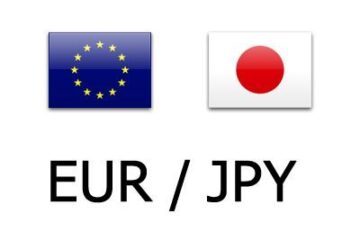Food giant Kellogg (KLG) , which owns popular cereal brands such as Froot Loops, Frosted Flakes, and Apple Jacks, has noticed that customers are starting to change their minds about breakfast. In response to this trend, its CEO is flagging what’s causing this significant shift in customer behavior.
In its first-quarter earnings report for 2025, Kellogg revealed that its organic net sales declined by 5.6% year-over-year during the quarter, while its net income dropped by a whopping 45.5%.
💵💰Don’t miss the move: Subscribe to TheStreet’s free daily newsletter 💰💵
In the report, Kellogg CEO Gary Pilnick said that the company’s first-quarter performance was “lower than expected.”
Related: Coca-Cola suffers an alarming loss from major boycott
In response to weaker consumer demand, Kellogg is predicting that its organic net sales this year will shrink by 2% to 3%, compared to its previous expectation of a 1% decline.
Kellogg’s breakfast cereals aren’t making it into consumers’ grocery carts as often.
Kellogg CEO sheds light on what’s causing declining sales
In prepared remarks to investors, Pilnick flagged that the company’s cereal category faced declining sales as consumers are increasingly leaning more toward cereal brands that focus on health and nutrition, which have rapidly become more popular.
“Granola, natural and organic cereal, and health-forward cereal brands experienced double-digit growth in the quarter, while our N&O (natural and organic) brands did not participate in this growth at nearly the same rate,” said Pilnick in his remarks.
During an earnings call on May 6, Pilnick said he doesn’t believe the trend will lose steam anytime soon.
“In our category, what we’re also seeing is some of our consumers are also willing to pay more,” said Pilnick. “It’s an interest in health and nutrition. I think that’s going to continue. I think this is simply the continuation of a trend that we saw coming that at some point started to accelerate.”
Related: PepsiCo CEO addresses major customer concerns amid low sales
Recently, consumers have been cracking down on the ingredients in their food products as they have grown more health-conscious in recent years. This is a trend that kicked off after the Covid-19 pandemic.
Seed oils such as canola, corn, sunflower, vegetable, and palm are some of the many ingredients that have recently drawn scrutiny from consumers for being overly processed and contributing to inflammation in the body.
Despite being approved by the U.S. Food and Drug Administration, synthetic dyes such as Red 40, Blue 1, and Yellow 6, which are commonly found in processed foods, have also faced criticism for being linked to health issues such as cancer and hyperactivity in children.
Texas Attorney General Ken Paxton in April 2025 began investigating Kellogg for alleged false claims that it had removed artificial dyes from its products, when it appears that some of these ingredients are still present in a few Kellogg’s cereals, at least in the U.S.
Newer cereal brands offering products without these ingredients include Seven Sundays, Magic Spoon, and Three Wishes, which have grown in popularity.
Kellogg unveils plan to attract customers
During the earnings call, Pilnick said that consumers focusing more on healthier cereal options can be beneficial for the company.
“The category is holding in, and it’s shifting,” said Pilnick. “And again, we will shift with it.”
Kellogg plans to rapidly accelerate its health-focused initiatives in order to win back customers. This includes boosting advertising for its natural and organic cereal brands such as Kashi.
More Retail:
AT&T quietly issues stern warning to customers Sam’s Club makes a big change to a beloved membership perkGameStop announces risky move amid store closures
Kellogg also aims to emphasize in an upcoming advertising campaign that its cereals, such as Frosted Flakes, Corn Flakes, and Rice Krispies, start with four simple ingredients before vitamins and minerals are added. It plans to communicate this message in updated front-of-package claims.
In addition, Kellogg will highlight that its cereals contain protein and fiber, two ingredients the company claims consumers often seek in their food.
“We know that there’s continued interest in value and growing interest in health and wellness,” said Pilnick. “That’s the place that we’re going to go.”
Related: Veteran fund manager unveils eye-popping S&P 500 forecast


